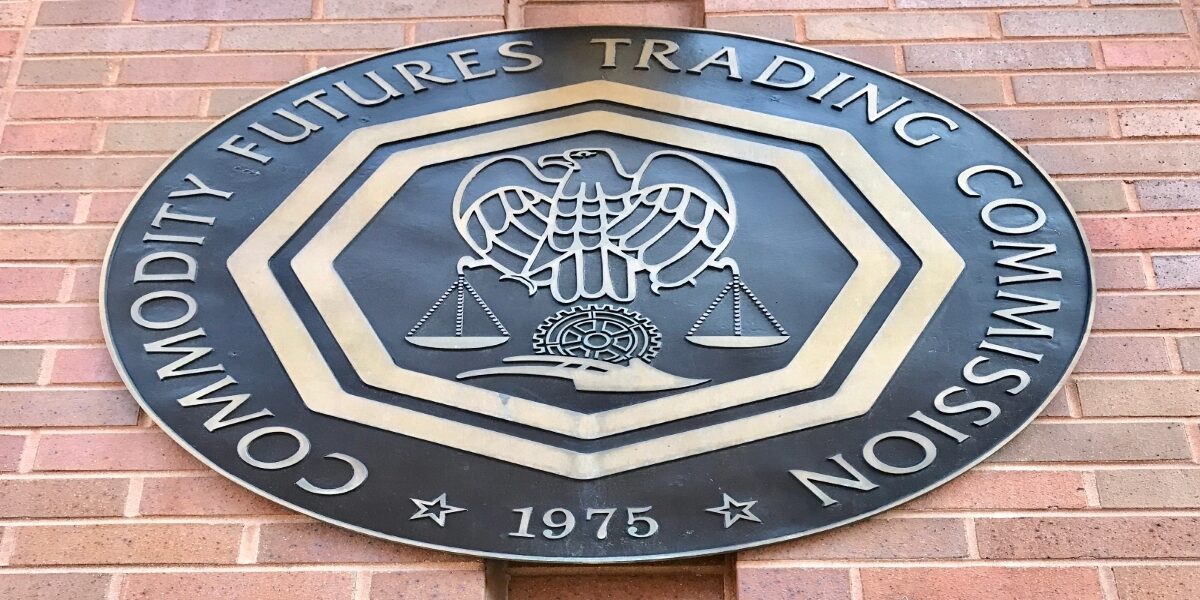Search Posts
Recent Posts
- Do you meet the definition of an “Accredited Investor” under the new SEC Rules? December 8, 2020
- Do You Really Have Time To Read & Understand The Heroes Act? November 23, 2020
- Governor Newsom – Please Order all Court Buildings in the State of California Closed starting March 16 March 15, 2020
- Three Men Arrested in $722 Million Cryptocurrency Fraud Scheme Targeting “Dumb” Investors December 10, 2019
- Should Court Transcripts be Provided to Parties Free of Charge? December 3, 2019
Categories
Subscribe!
Thanks for subscribing! Please check your email for further instructions.

Digital Asset Activities Are Subject to Anti-Money Laundering and Anti-Terrorism Rules
On October 11, 2019, the leaders of the U.S. Commodity Futures Trading Commission (CFTC), the Financial Crimes Enforcement Network (FinCEN), and the U.S. Securities and Exchange Commission (SEC) (the “Agencies”) issued a joint statement to remind persons engaged in activities involving digital assets of their anti-money laundering and countering the financing of terrorism (AML/CFT) obligations under the Bank Secrecy Act (BSA).
AML/CFT obligations apply to entities that the BSA defines as “financial institutions” such as:
- Futures commission merchants and introducing brokers obligated to register with the CFTC
- Money services businesses as defined by FinCEN
- Broker-dealers and mutual funds obligated to register with the SEC
Among those AML/CFT obligations are the requirement to establish and implement an effective anti-money laundering program (AML Program) and recordkeeping and reporting requirements, including suspicious activity reporting (SAR) requirements.
Labels are not determinative
Even if you are using alternative terminology to describe a digital asset as something other than providing financial activities or services, you may be subject to AML/CFT requirements under the BSA, among other laws and rules administered by the CFTC and SEC. It is the facts and circumstances underlying an asset, activity or service, including its economic reality and use that determines the general categorization of an asset, the specific regulatory treatment of the activity involving the asset, and whether the persons involved are “financial institutions” for purposes of the BSA.
This joint statement is clearly linked to the SEC’s decision to shutdown the Telegram ICO
You can read my previous blog on the Telegram ICO here. Telegram has been called the “cryptocurrency worlds’ preferred messaging app” and is known to be reluctant to share user information with governments. If their digital assets were allowed to flood U.S. capital markets, there would be no way to confirm that AML/CFT obligations were actually being complied with.
What are the missions of the CFTC, FinCEN and the SEC?
CFTC: The mission of the CFTC is to promote the integrity, resilience, and vibrancy of the U.S. derivatives markets through sound regulation. In advancing that mission, the CFTC regulates key participants in the derivatives markets, including boards of trade, futures commission merchants, introducing brokers, swaps dealers, major swap participants, retail foreign exchange dealers, commodity pool operators, and commodity trading advisors pursuant to the Commodity Exchange Act.
FinCEN: As a bureau of the Department of the Treasury, FinCEN is the administrator of and lead regulator under the BSA — the nation’s first and most comprehensive AML/ CFT statute. FinCEN’s mission is to protect our financial system from illicit use, ensure our national security, and protect our people from harm. FinCEN regulates, persons, money transmitters and other money services businesses. You can read the 2019 Convertible Virtual Currencies Guidance issued by FinCEN here.
SEC: The statutory mission of the SEC is to protect investors, maintain fair, orderly, and efficient markets, and facilitate capital formation. In general, the SEC has jurisdiction over securities and securities-related conduct. Persons engaged in activities involving digital assets that are securities have registration or other statutory or regulatory obligations under the federal securities laws. The SEC oversees the key participants in the securities markets, some of which may engage in digital asset activities. Key participants in the securities markets include but are not limited to national securities exchanges, securities brokers and dealers, investment advisers, and investment companies.
If you have any questions about the subject matter described above, please feel free to send an email or leave a comment below!